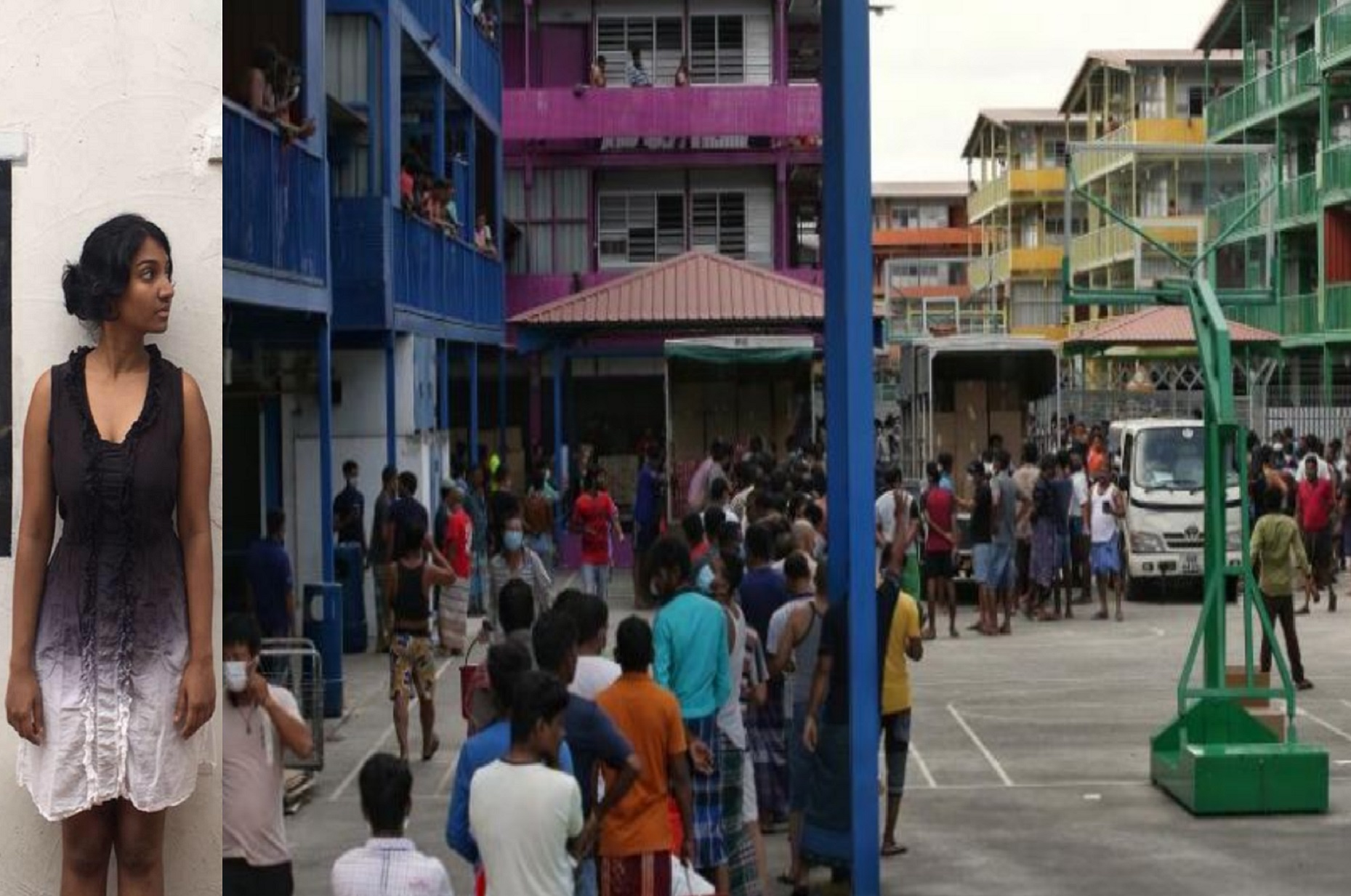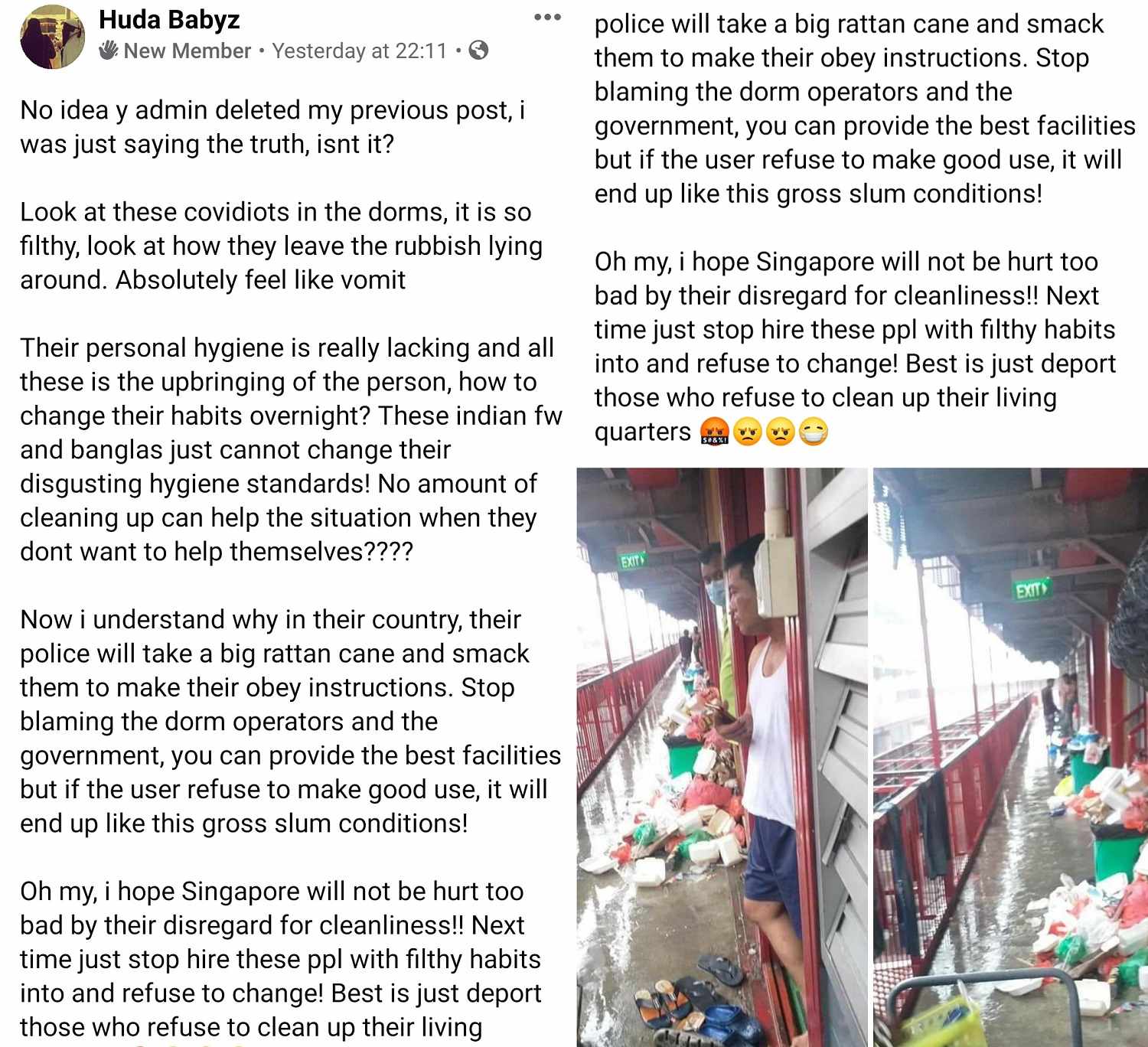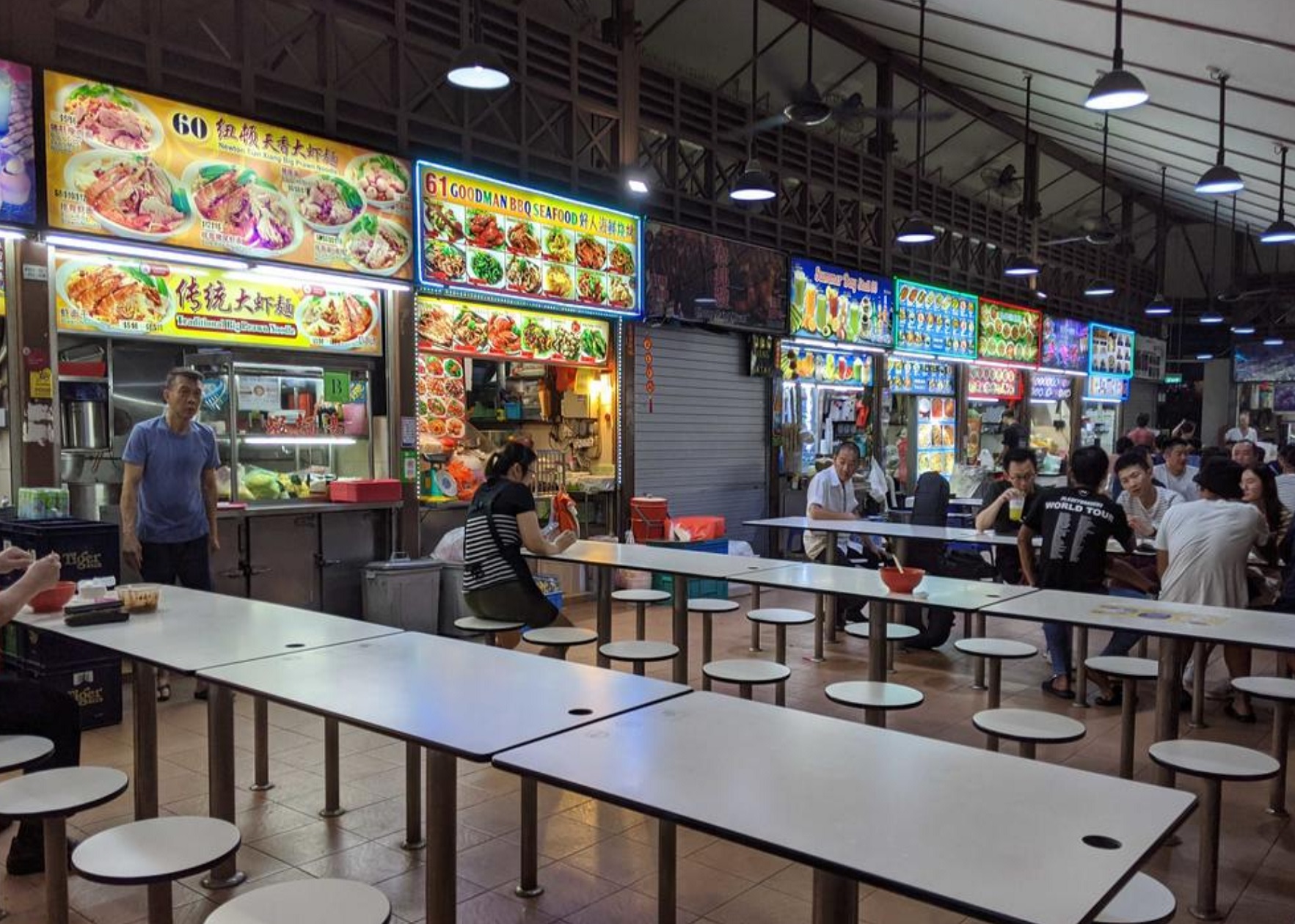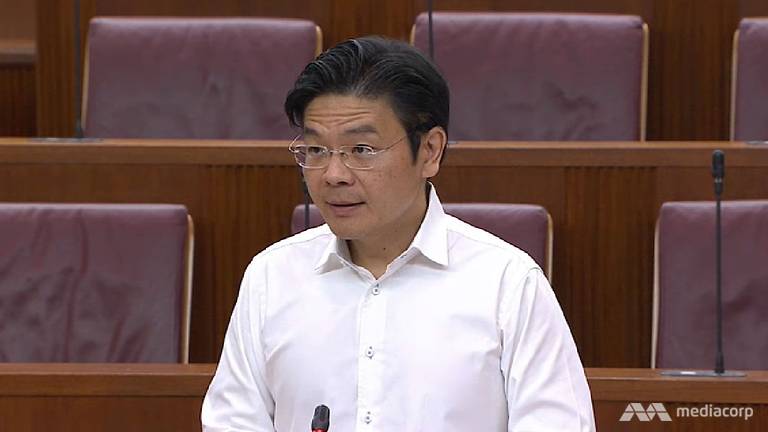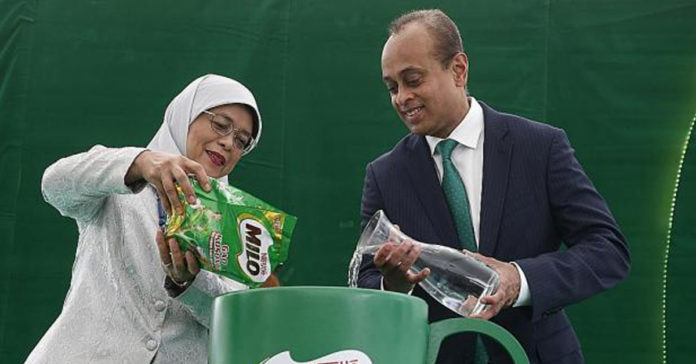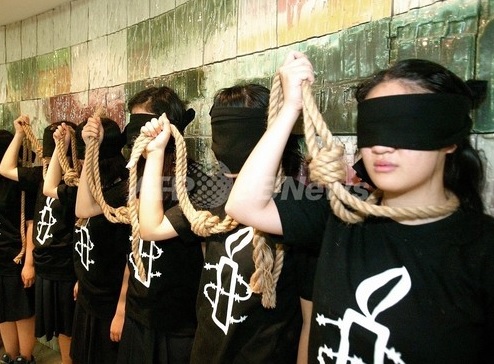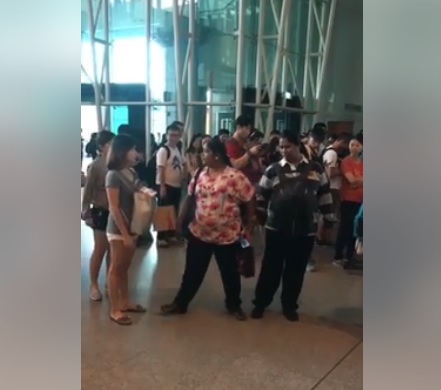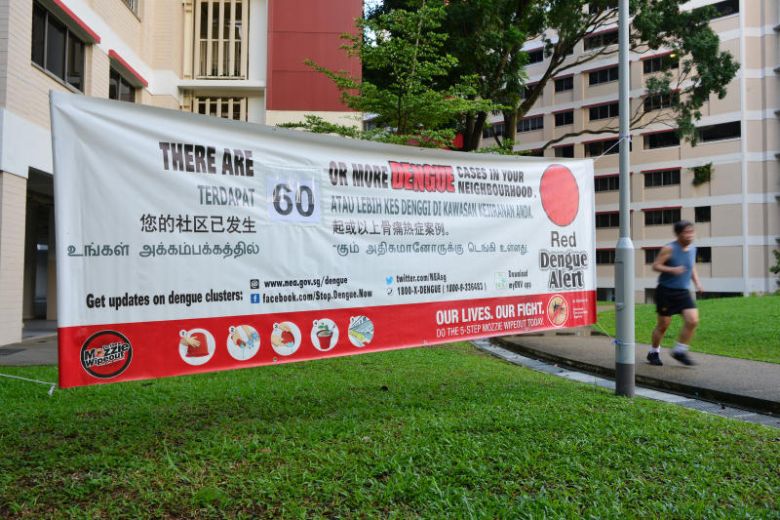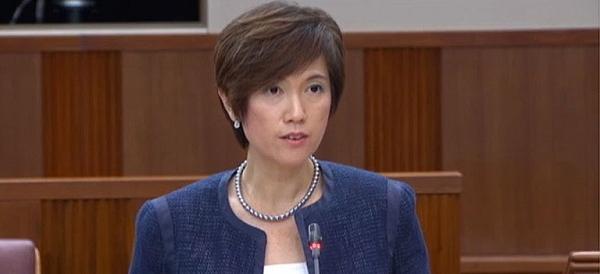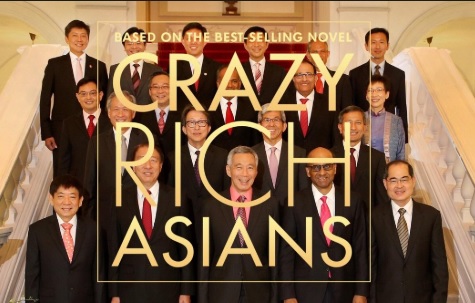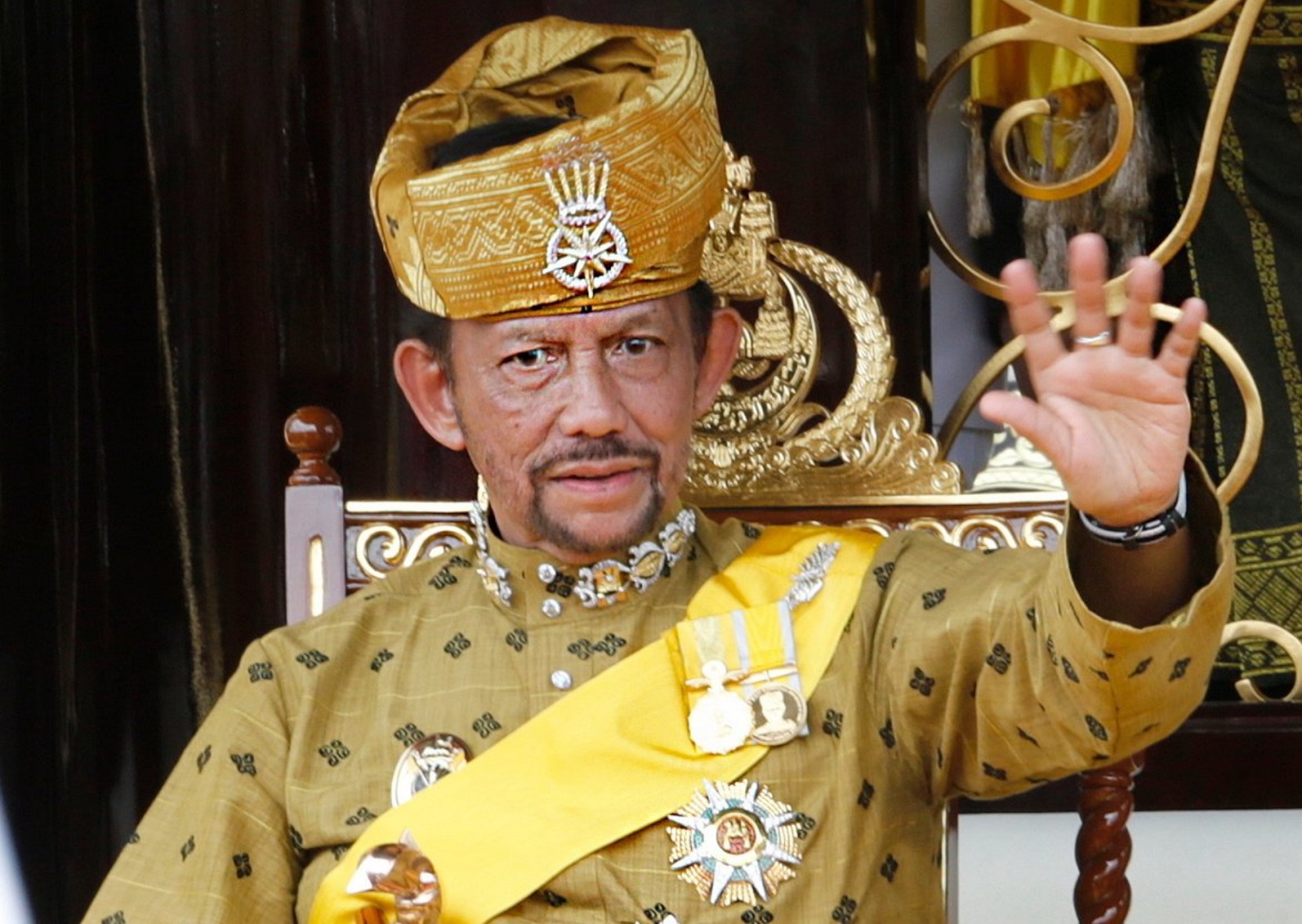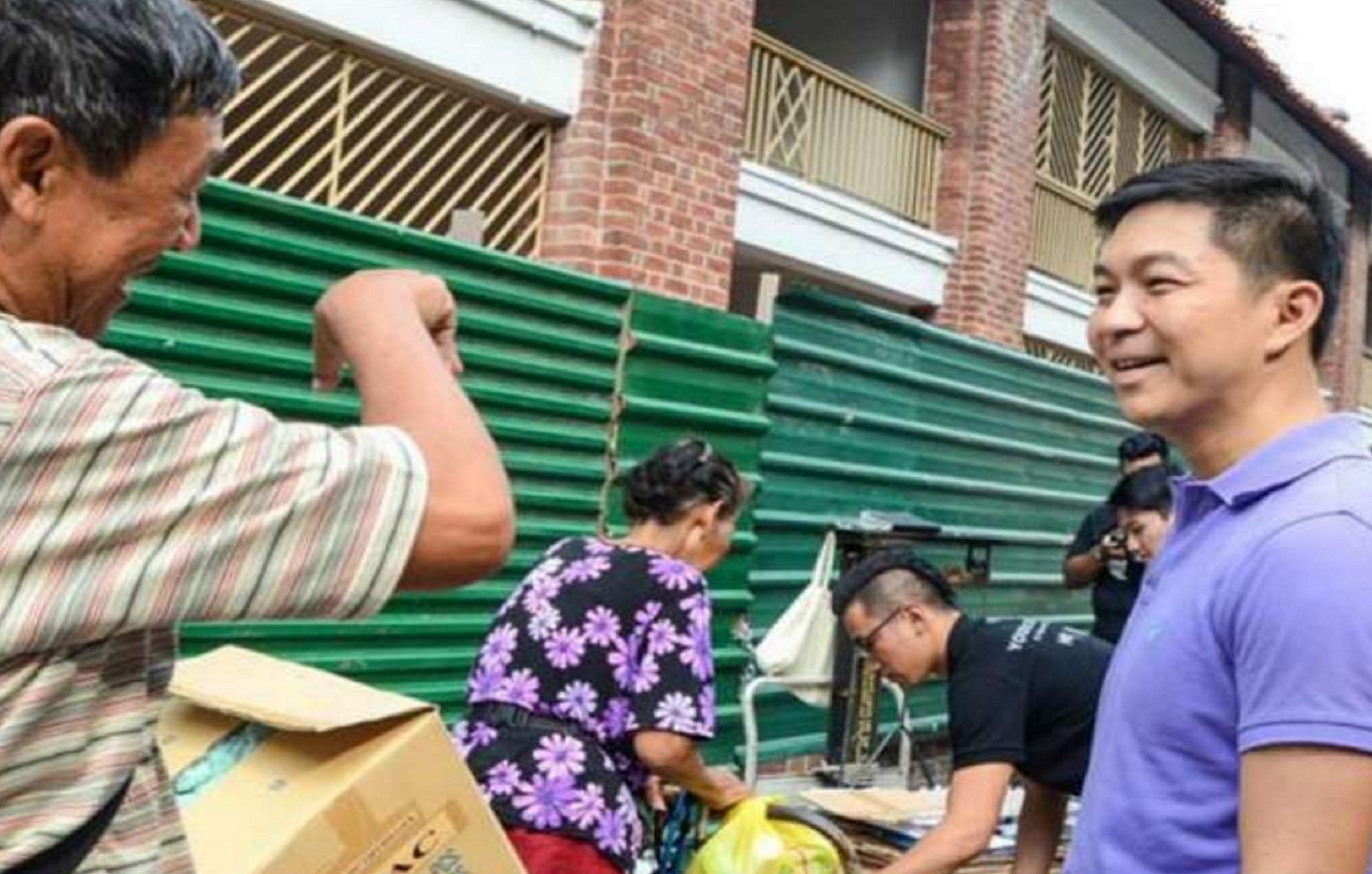Both the Singapore and Malaysia governments have made progress on several bilateral issues that have hampered neighbourly ties over the past six months. Malaysia has indefinitely suspended the permanent restricted area over Pasir Gudang. On the other hand, Singapore has withdrawn the use of the ILS (Instrument Landing System) procedures for Seletar Airport, paving the way for Malaysian budget Airlines, FireFly, to fly to Seletar once again.
According to the Transport Ministers for both countries, these agreements were 'made in the spirit of bilateral cooperation'.
Are we really benefitting from these arrangements?
The one on the issue of the removal of Malaysia's permanent restricted area over Pasir Gudang is an easy one to answer. It benefits us. It means that more planes can fly or land using the approach from Pasir Gudang.
However, on the issue on the use of ILS, the benefits are not so clear. What is happening is that FireFly can fly back into Seletar. It provides more options for travelers flying in and out of Singapore, into Malaysia. With that, there are obvious positive spillover effects in economic terms.
The issue here is, has the Singapore government gone soft with FireFly and let it get away with its own short-sighted requests in the first place? It was FireFly which requested for the use of the ILS at Seletar. Singapore authorities agreed to the request only for FireFly to stop all its flights to Seletar. Subsequently, you had the whole saga about the ILS and the airspace over Pasir Gudang.
If FireFly did not have to pay any form of penalty, what kind of signals are we sending to other businesses from the region? Can they make similar requests and only to withdraw upon implementation? Can they then expect to walk back into Singapore without the worry of having to face punitive measures?
We want bilateral relations with Malaysia to smoothen and improve so that we can both benefit from a stable environment. We should not do it by bending over backwards to them.
